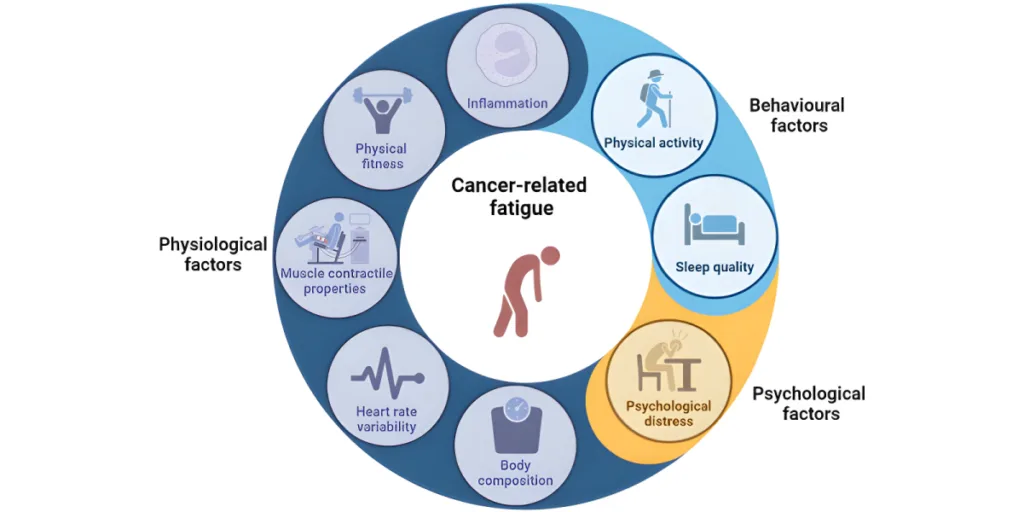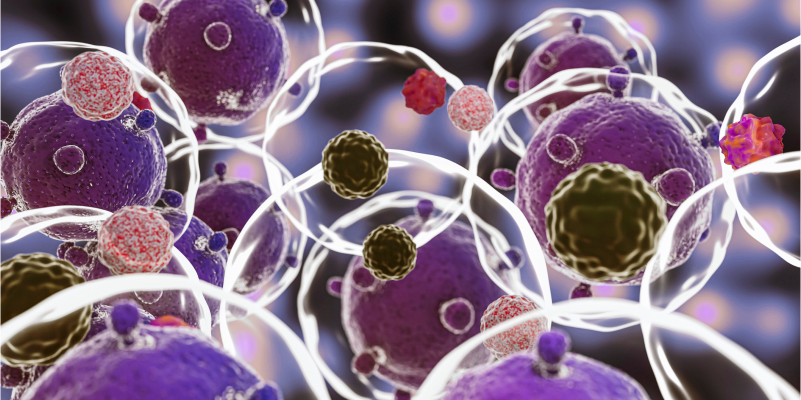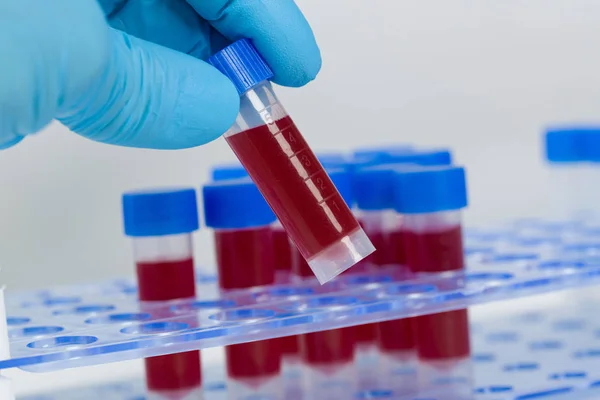
Cancer-related fatigue is a highly prevalent and distressing symptom experienced by many individuals undergoing cancer treatment. It is characterized by an overwhelming and persistent feeling of exhaustion that is not relieved by rest or sleep and is unrelated to activity level. In this article, we will explore the causes, symptoms, and management strategies for cancer-related fatigue, providing insights into how to effectively cope with this debilitating symptom.

Understanding the causes of cancer-related fatigue can help individuals navigate the challenges and develop targeted approaches for management. There are several factors that contribute to cancer-related fatigue:
Cancer-related fatigue presents differently in each individual, but common symptoms include:


It is important for individuals experiencing these symptoms to discuss them with their healthcare team to ensure proper management and support.
Remember, each individual may respond differently to management strategies, so it is essential to work closely with healthcare professionals to tailor an approach that suits your specific needs. Regular follow-up visits and open communication with your healthcare team will allow for adjustments to interventions as needed.
Cancer-related fatigue is a complex symptom that can significantly impact the quality of life of individuals undergoing cancer treatment. Understanding the causes, recognizing the symptoms, and implementing effective management strategies are vital to cope with this debilitating symptom. By integrating lifestyle modifications, seeking support, and collaborating with healthcare professionals, individuals can take proactive steps towards minimizing the impact of fatigue and improving overall well-being throughout their cancer journey. Remember to be patient with yourself and seek help when needed, as managing cancer-related fatigue is an ongoing process that may require adjustments along the way.

Dr. Yakov Freed

Dr. Yakov Freed